
New Year’s Resolutions That Actually Make You Happier
As the year turns, there’s a familiar pressure to reset, optimise and improve. But instead of chasing resolutions that fade by February, this year we’re doing something different.
This piece explores what the research actually tells us about happiness - and why connection, depth and community matter far more than productivity goals or personal “glow-ups.” As we step into 2026, we’re shifting our focus at Get Out too - less noise, more real connection.
Happy New Year. Let’s start it differently.

Why I Run (and Why I Keep Going)
After losing eight friends in six years, I wasn’t suicidal — but I wasn’t really living either. Running gave me a reason to move again. It became meditation, therapy, and a quiet rebellion against despair. Every kilometre said, “You’re still here.”

What True Wealth Looks Like (and How I Forgot It for a Minute)
For a while, I kept Get Out running on autopilot - ticking boxes, doing the right things, but feeling the spark fade. Then I read new research on purpose and realised I’d stopped doing the one thing that made all this feel alive: contributing. Happiness, it turns out, isn’t found in chasing more. It’s in giving something meaningful away.
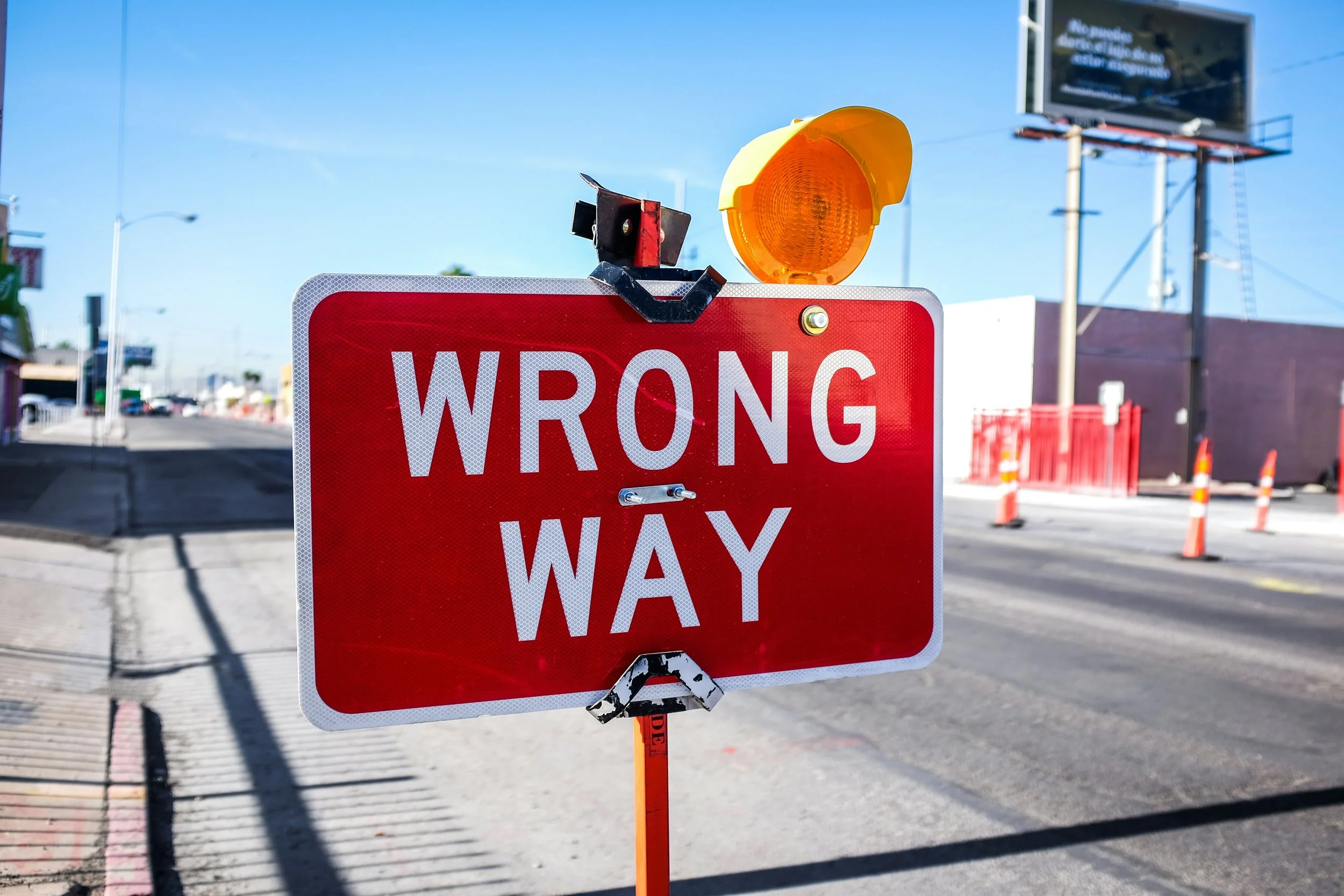
What Regret Taught Me (So You Don’t Have to Learn the Hard Way)
Coming out was never the hard part - staying true once the noise began was. I spent years chasing belonging through busyness, mistaking visibility for value. When the mask cracked, I learned something quieter but more enduring: peace isn’t found in being everywhere, it’s built by being honest somewhere. Sobriety, structure, and small rituals didn’t make life smaller - they made it real.

Stop Waiting for a Sign: How to Build Meaning (and Guard Your Life) Without Magic
Coincidences feel like winks from the universe. “Find your passion” promises a perfect fit. Both can keep us stuck. Meaning isn’t discovered; it’s developed. Passion isn’t a soulmate; it’s a relationship you build through reps, friction, and identity. This essay trades omens for agency: shrink the unit of decision, pick a place, invite one person, and practice consistency. There’s a harm-reduction edge too—daylight plans and shared containers protect queer lives from drift and chemsex pressures. Signs can delight you; they just don’t get to steer.

The Mindful Miles: How Exercise Teaches Us to Slow Down, Breathe, and Be
Exercise doesn’t just strengthen the body - it can quiet the mind. Slowing down into zone 2 running or mindful movement offers a rare stillness in motion, a state where stress eases and presence takes over. This piece explores how mindfulness and exercise intertwine, from scientific evidence on mood-boosting neurochemicals to the lived reality of finding peace through steady effort.

The Myth of Earning Love Through Work
Many of us grow up believing love must be earned through achievement, effort, and endless work. But this belief often leaves us exhausted, lonely, and disconnected from what matters most. Drawing on psychology, personal finance wisdom, and end-of-life reflections, this piece explores the myth of “earning” love, why so many of us fall into the trap, and how to choose differently — reclaiming joy, connection, and presence in the process.

Love, Out Loud (Even When We Disagree)
What if happiness isn’t found in the dream house, the perfect partner, or the algorithm that promises you connection, but in something far less glamorous? A coffee shared with strangers. A difficult truth spoken with kindness. A ritual repeated often enough that it becomes belonging. We think joy is a climax — a wedding, a promotion, a viral moment. But the science (and the stories of ordinary people) keep showing us that happiness is much quieter, more human, and infinitely closer than we realise.
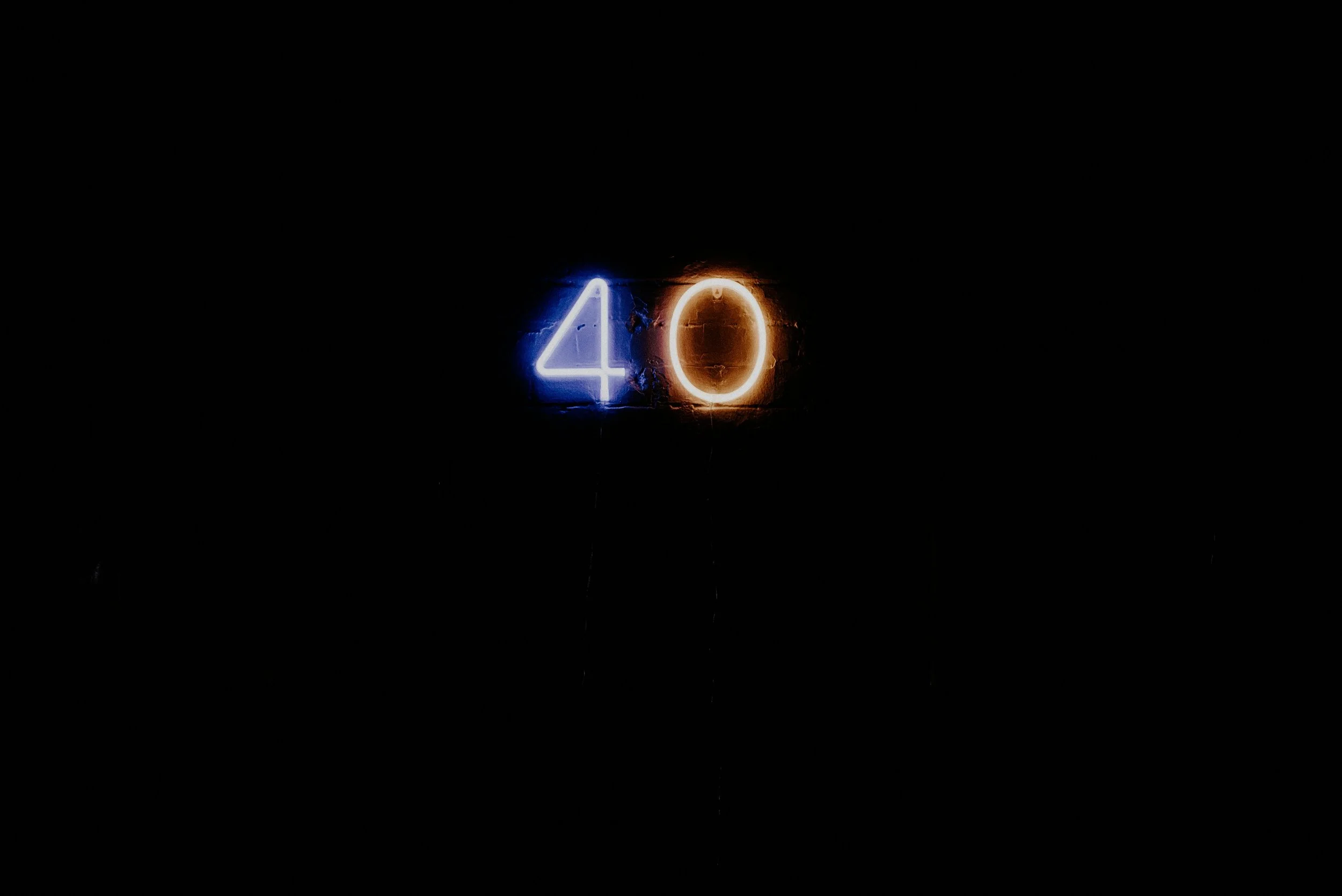
Forty, Without the Filter: Notes on Getting Older, Getting Real, and Getting a Life
Turning forty feels less like joining the “This Is 40” Instagram brigade and more like finally meeting myself. I don’t have the dream house, a partner on my arm, or thirst traps to prove I still “look good for my age.” What I do have is sobriety, friendships that last longer than a weekend, and a body and mind I can actually trust. This isn’t about being “blessed.” It’s about being real, reflective, and quietly proud of progress over perfection.

Am I OK? A True Answer for R U OK? Day
For years my answer to “R U OK?” was no. I numbed, I spiralled, and I couldn’t picture life getting better. One honest sentence — “I’m not OK” — led to 30 days in hospital and a slow rebuild built on therapy, movement, and showing up. Today my answer is yes. If yours isn’t, borrow my belief and start with one conversation. I’ll listen.
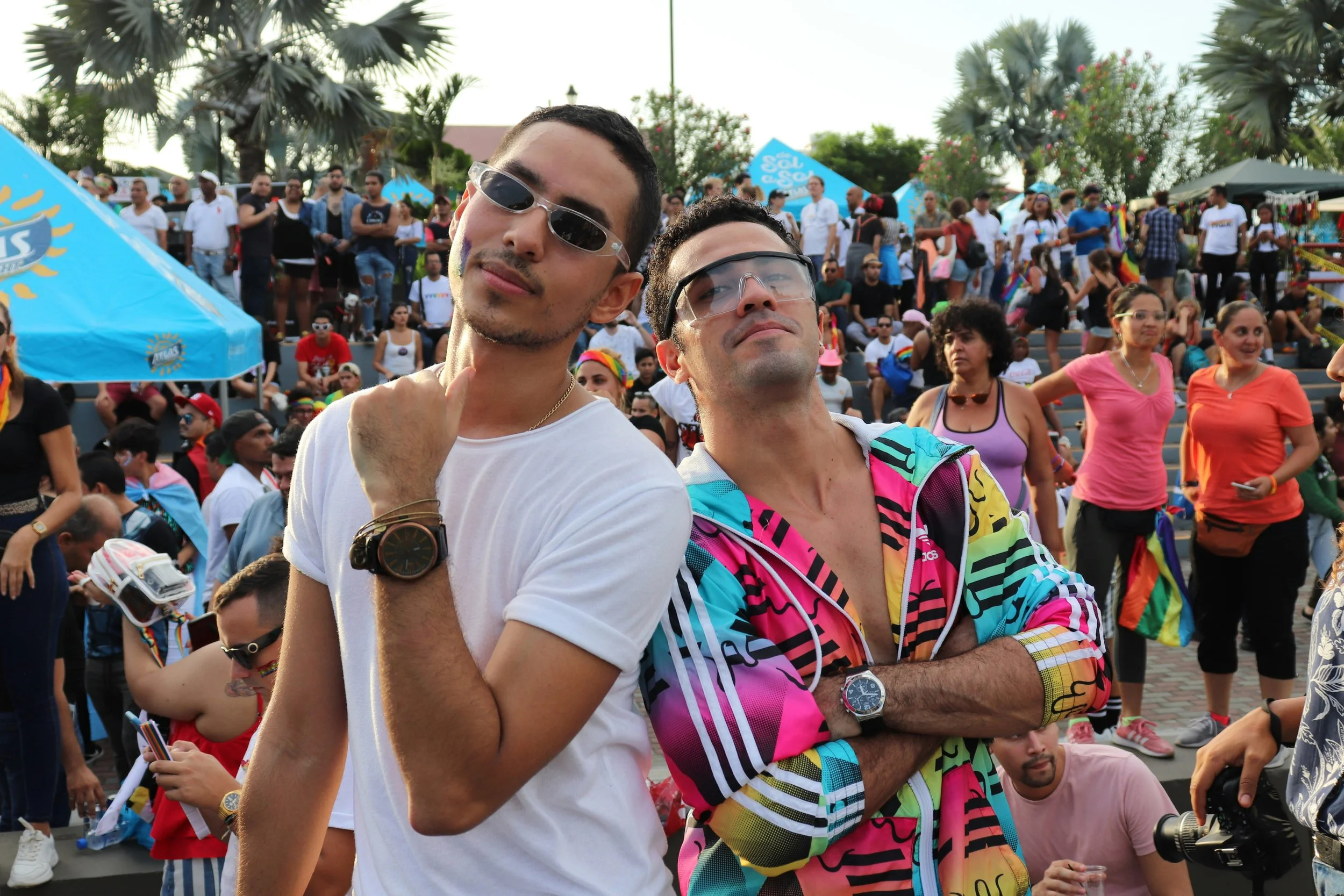
How to Rebuild Friendship: Small Habits That Stick
I tried to optimise my way out of loneliness; it didn’t work. What has: being kinder to my brain and treating friendship like a practice. This field note blends neuroscience (micro-delights, cognitive appraisal), queer midlife reality, and six repeatable habits that make showing up easier — and connection stick.
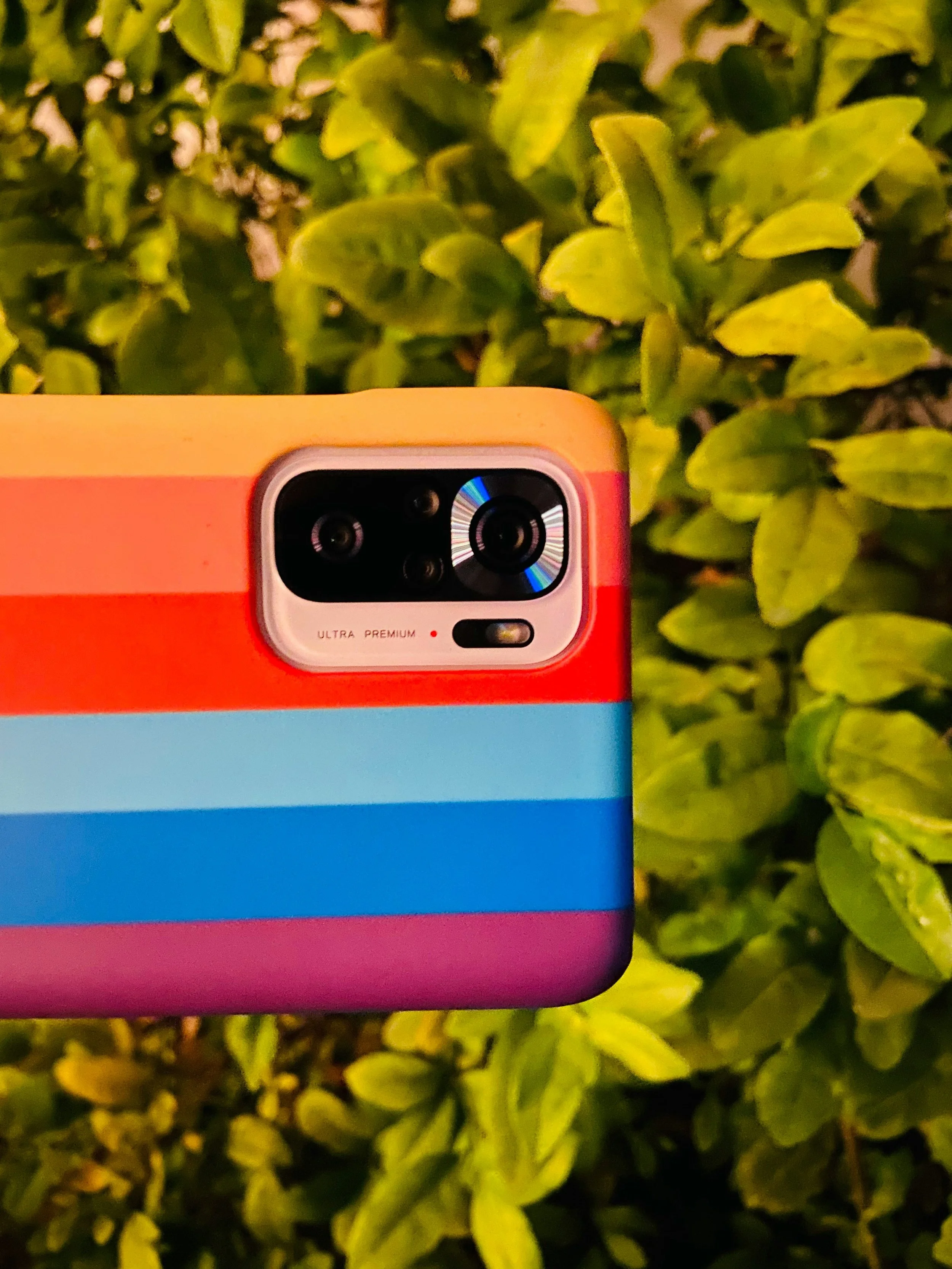
The Real-Life Reset
The less time I spend online, the more my life feels like mine — better sleep, warmer friendships, finished projects. Research shows why: screens promise connection but often fuel loneliness. This piece swaps performance for presence, with five “micro-freedoms” to trade screen time for real time (device sabbath, outdoors by default, one ongoing group, embrace friction, host tiny). The algorithm can wait. Your people — including you — can’t.

Dry(ish) Is the New Deep: How Drinking Less (or Not at All) Gave Me My Life Back
I used to outsource confidence to a drink. Quitting didn’t turn me saintly — it made me steadier. With more people rethinking alcohol (and data backing the shift), this is the sober-ish playbook that rebuilt my energy, friendships, and self-respect: morning anchors, clean-fun rituals, social plans that don’t revolve around booze, and a kinder way to “start again.” No preaching — just practical steps for a life that feels like yours again.

Future-Proofing Your Heart and Mind: The Queer Case for Loving Your Body, Your Brain, and Your Relationships
The habits that keep love steady are the same ones that protect your brain and heart: move often, eat well, stay connected, argue to understand, ask for help. For queer lives with shifting safety nets, this isn’t self-improvement—it’s maintenance for the long haul.
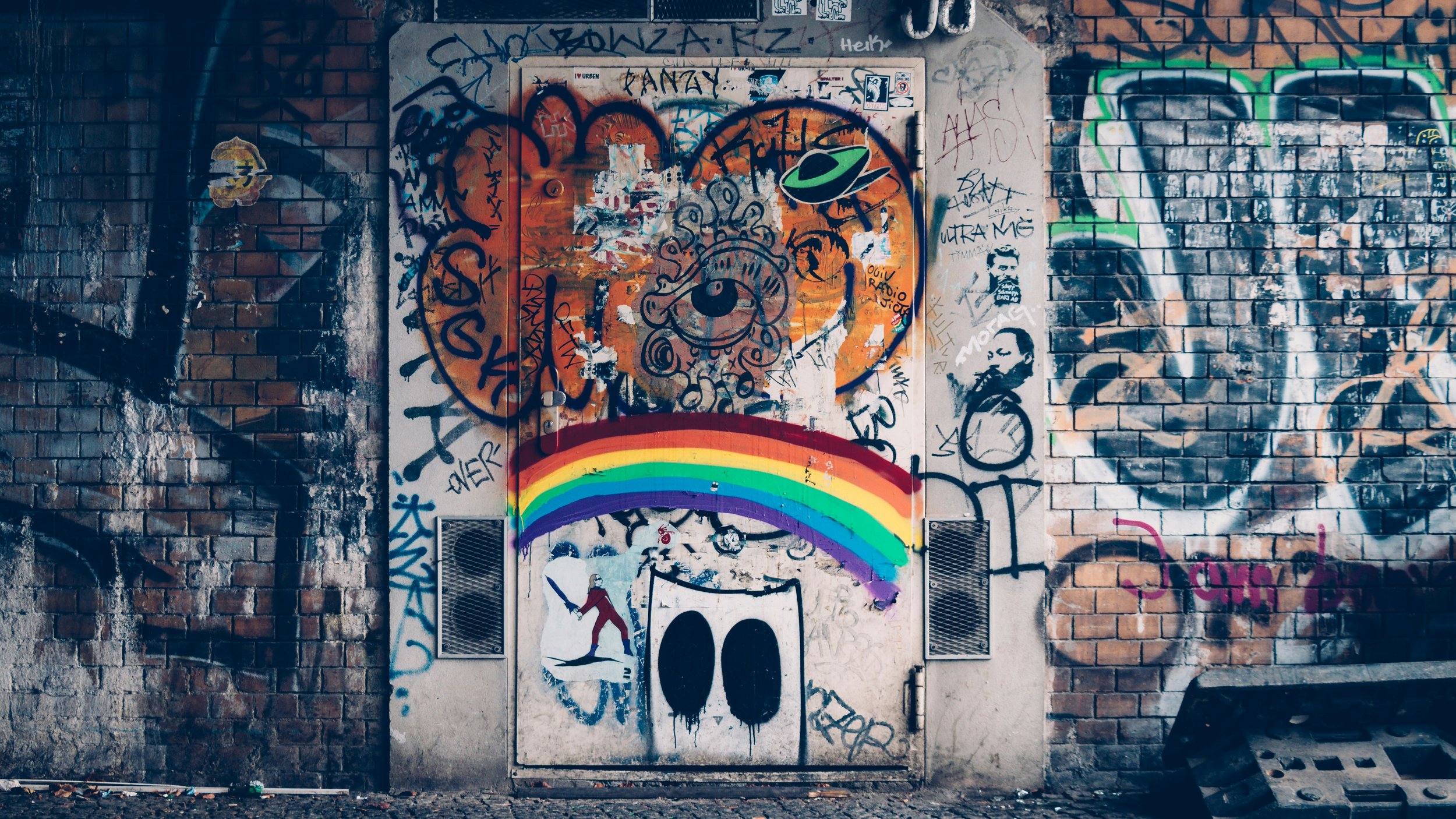
Still Showing Up: Impostor Syndrome, New Chapters, and Building Something That Matters
Building Get Out while navigating a new job, a new city, and old patterns of self-doubt has brought up one uncomfortable truth: impostor syndrome doesn’t disappear just because the mission matters. In this reflection, we explore what it means to keep showing up — even when you’re not sure you’re enough — and why that’s exactly the point.

Too Good to Scroll: On Time, Loneliness, and the Lives We Don’t Post
Feeling like time is slipping away? You’re not alone. In this reflection on loneliness, presence, and digital burnout, we explore how rediscovering purpose — not productivity — can stretch time again and help us live more deeply in the moments that matter most.

The Sleep That Saved My Sanity
For years, I thought I was just tired. In reality, I was unravelling. This is the story of how sleep — real, restorative, fight-for-it sleep — helped kick-start my sobriety, regulate my emotions, and bring me back to a version of myself I actually liked.

Single, Secure, and a Little Bit Scared
You’ve built a life you genuinely love — quiet, content, full of meaning. But what happens when the thought of letting someone in feels more like a threat than a thrill? In this honest reflection, we explore the quiet joys (and quiet fears) of thriving alone, and why real connection doesn’t have to cost your peace.
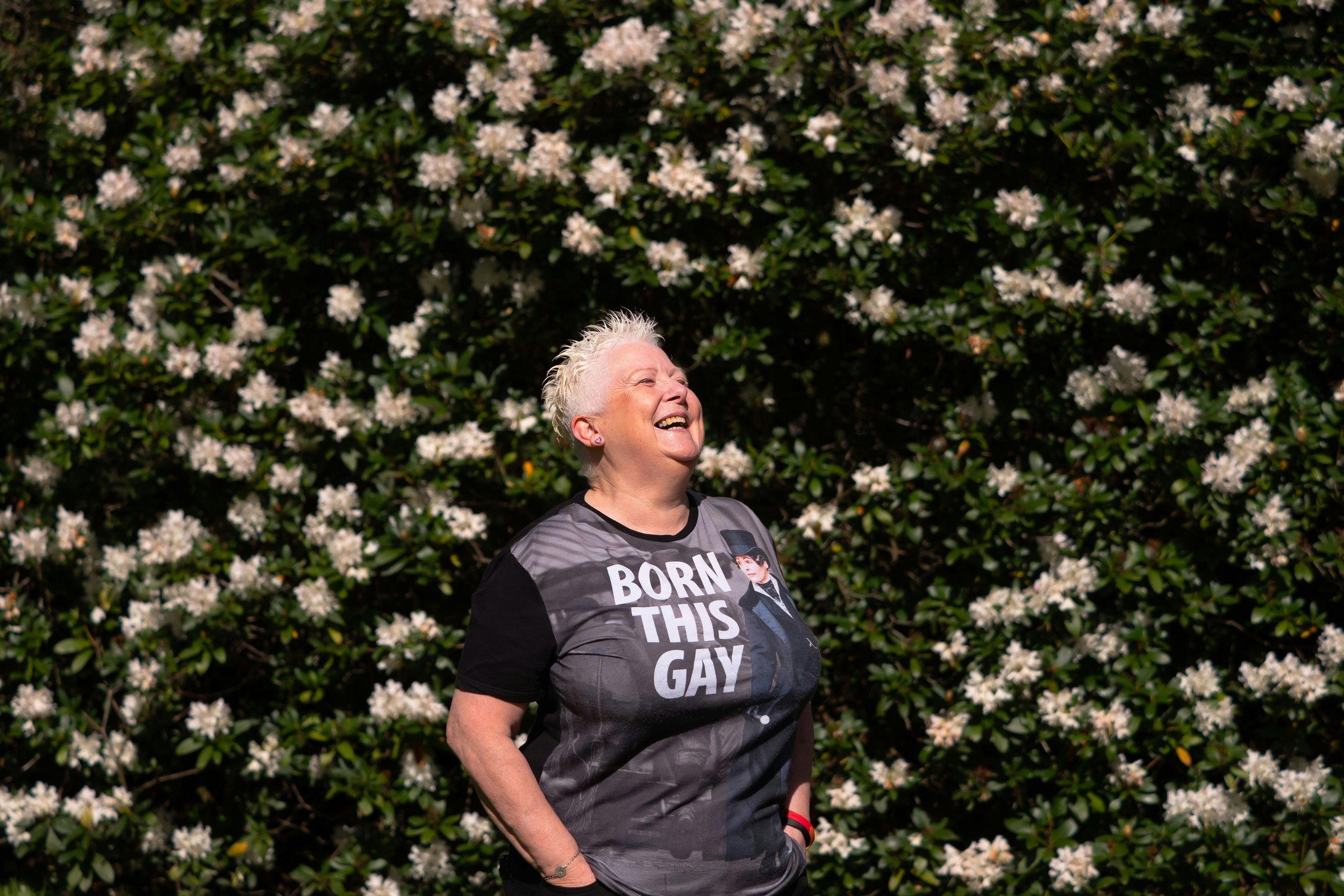
Younger Than You Feel, Older Than You Look: Why Time Feels So Weird Right Now
Is it just me, or does everyone feel both 25 and 75 at the same time these days? Drawing on the concept of "subjective age," this piece explores how queer time, personal trauma, and post-pandemic reality warp our internal clocks — and how we can find meaning in the mess.
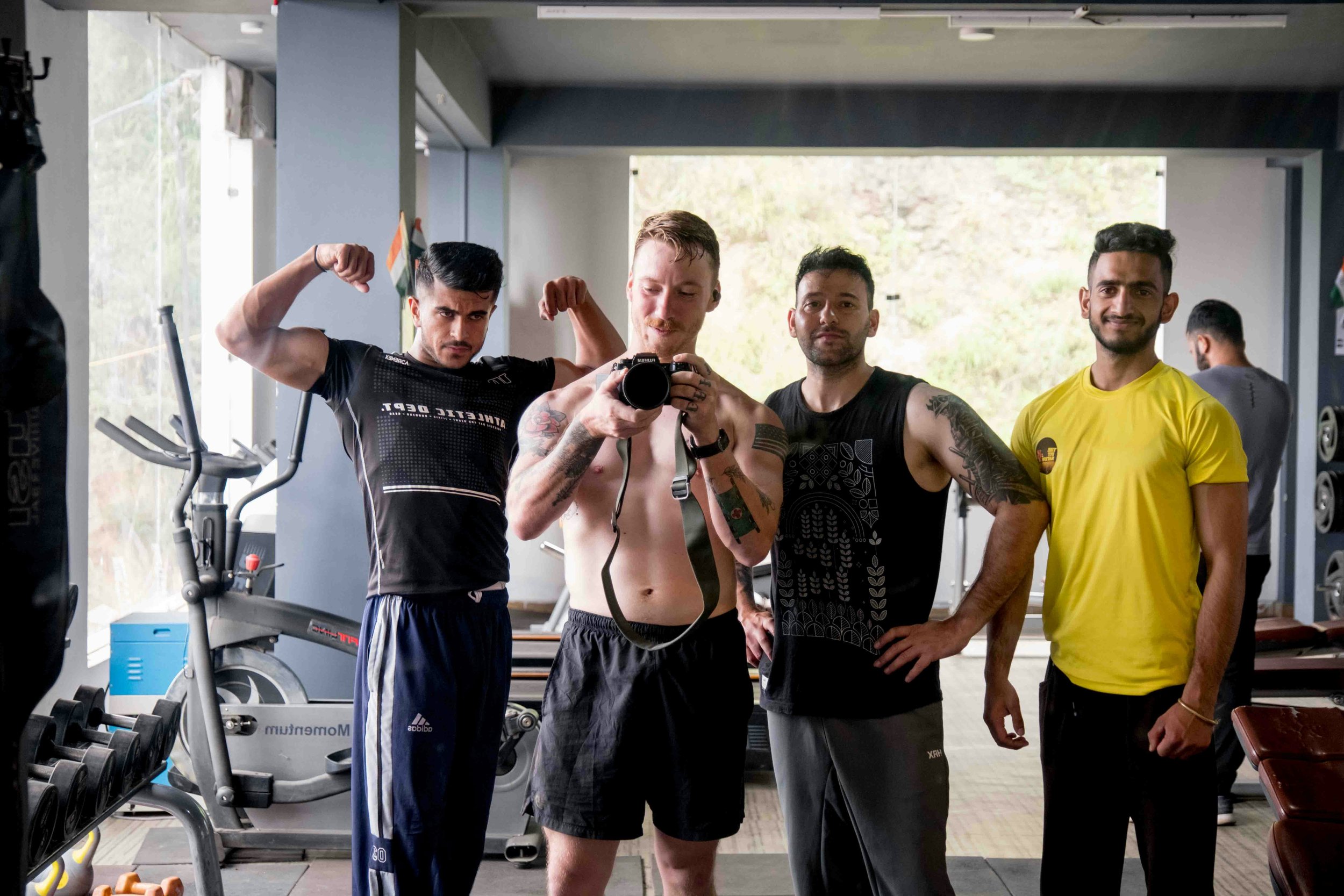
Working Out, Showing Up: Why Doing Hard Things Together Makes Life Better
In Working Out, Showing Up, we reflect on the quiet, life-saving power of doing hard things together — from sweating it out in group fitness classes to giving back through community volunteering. Drawing on the Effort Paradox and the timeless idea that doing good feels good, this piece explores how shared effort transforms loneliness into belonging, and how showing up for others helps us show up for ourselves.
